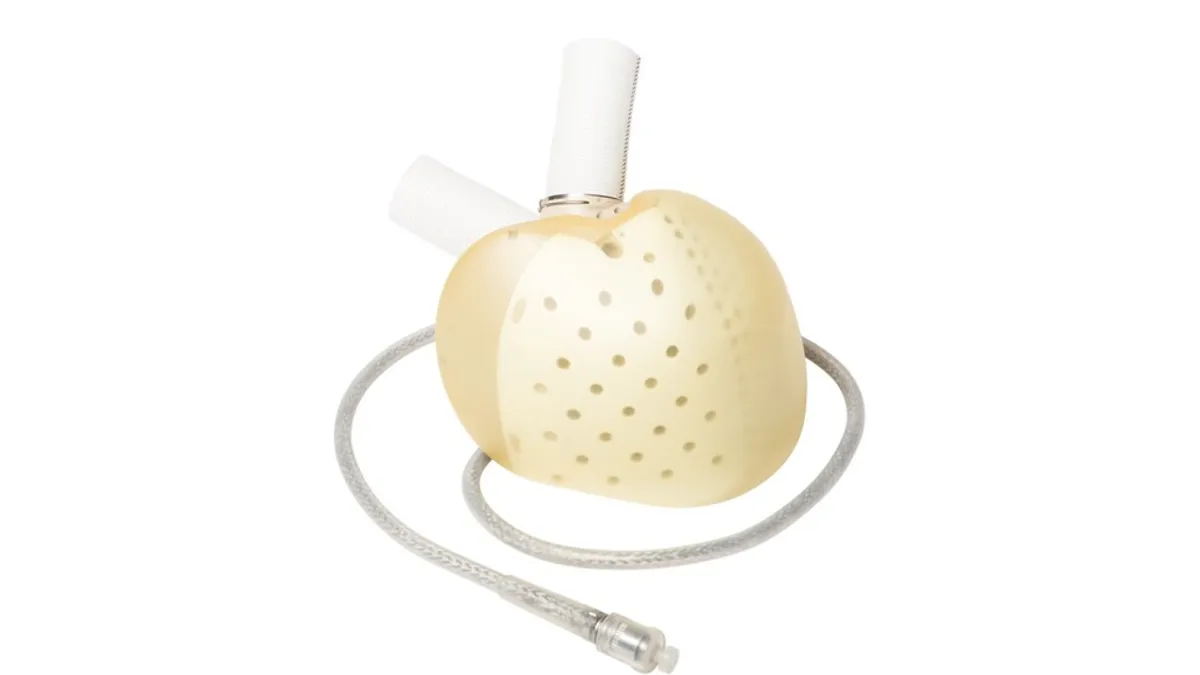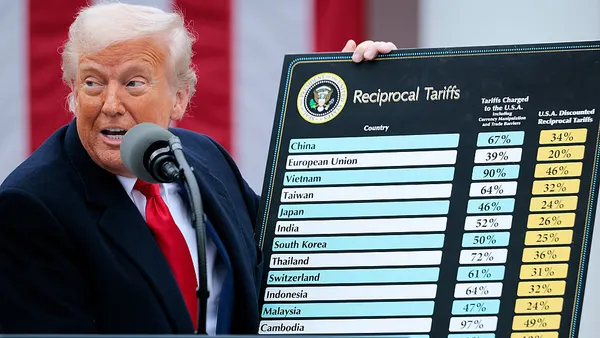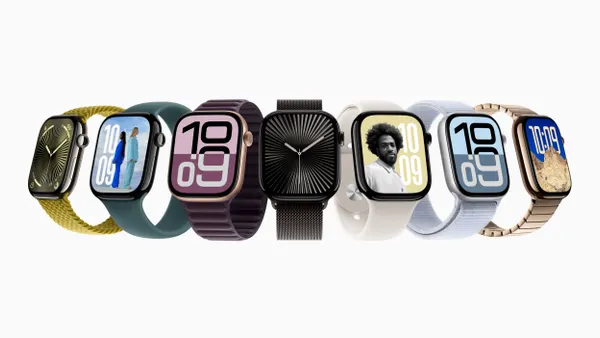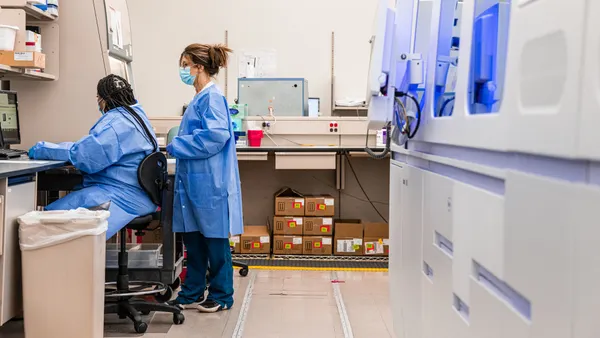Dive Brief:
- Artificial heart company Carmat has filed for insolvency after failing to raise the money it needed to continue operations, the company said Monday.
- Carmat began seeking donations in June after attempts to raise cash from investors floundered. The French company, which was close to running out of money in 2023, needed 35 million euros ($41 million) to fund operations for the next 12 months.
- Carmat has filed for insolvency and asked to be put in receivership by a court, a process to help creditors recover funds. The company is continuing to try to raise money and support patients while waiting for the court’s decision.
Dive Insight:
Carmat launched its Aeson total artificial heart in 2021. Months later, the company suspended use of the device in response to a quality issue. Carmat resumed production in March 2022 and commercial use of the device in November 2022. However, supply chain issues slowed sales growth, resulting in Carmat’s cash runway shrinking to one month in September 2023.
The company averted that crisis but cash remained a concern. Carmat raised 9.7 million euros in January and secured up to 7.9 million euros two months later. Yet, on June 20, the company warned it only had enough money to fund operations to the end of the month.
Carmat set up a crowdfunding campaign to try to raise some of the 3.5 million euros it needed to fund operations into July. The company had received 20,110 euros in donations by the time the campaign closed Monday.
Having asked to be put in receivership, Carmat expects a hearing to take place in the coming days. The court will rule on the request after the hearing. Carmat has asked Euronext to suspend trading of its stock until the court has reached a decision. The company said receivership is the most appropriate way to ensure the continuation of its business activities.
Carmat, which reported sales of 2.4 million euros in the first quarter, secured conditional approval to enroll a second cohort in its U.S. study in April and completed enrollment in a French trial in May. The company was aiming to use the studies to secure reimbursement for Aeson in France in 2026 and potentially bring the device to the U.S. market in 2028.












